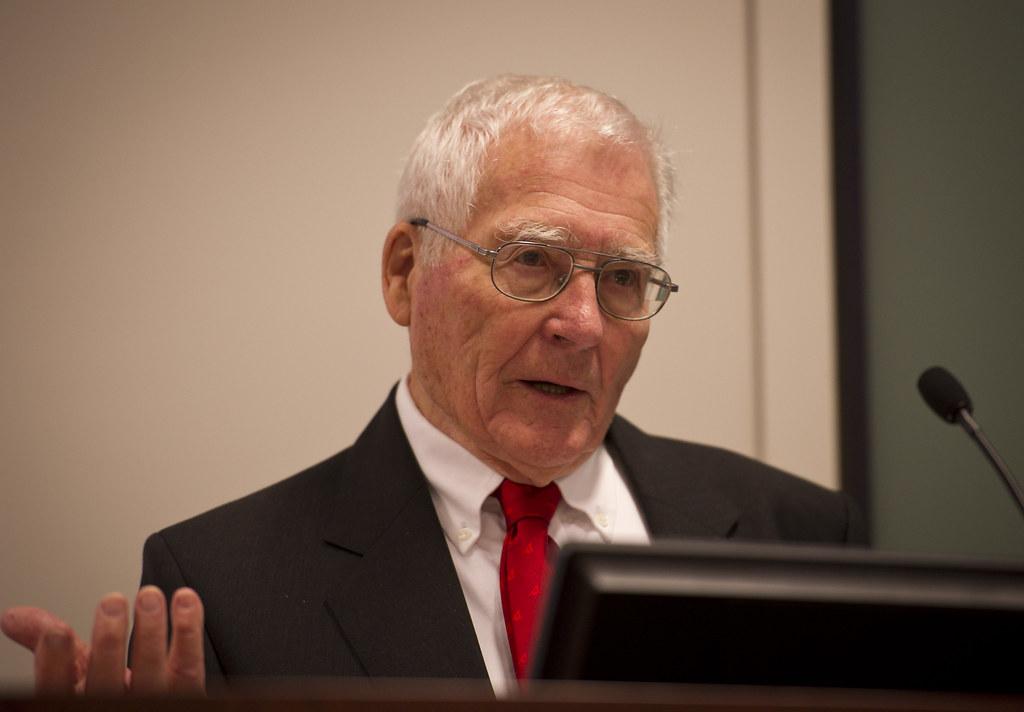In the realm of environmental science and beyond, the name James Lovelock resonates as a pioneering figure whose visionary ideas continue to shape our understanding of the planet. As we step into 2022, the legacy of this renowned scientist casts a profound influence on how we perceive and interact with the world around us. Join us on a journey through the latest developments and insights surrounding James Lovelock in 2022, as we delve into the ever-evolving landscape of environmental thought and innovation.
Table of Contents
- Exploring James Lovelock’s Impact on Environmental Science
- The Evolution of James Lovelock’s Gaia Theory in 2022
- Analyzing James Lovelock’s Contributions to Climate Change Research
- Inspiring Action: Implementing James Lovelock’s Ideas for a Sustainable Future
- Q&A
- The Way Forward

Exploring James Lovelock’s Impact on Environmental Science
James Lovelock’s groundbreaking Gaia hypothesis transformed the landscape of environmental science, challenging conventional beliefs about the Earth as a passive system. By proposing that the Earth functions as a self-regulating organism, Lovelock introduced a paradigm shift that continues to influence scientific thinking to this day. His holistic perspective emphasizes the interconnectedness of living organisms with their environment, highlighting the delicate balance that sustains life on our planet.
Through his innovative work, Lovelock has inspired a new generation of researchers to view the Earth as a complex and dynamic entity that requires our stewardship. His ideas encourage us to reconsider our relationship with the environment, emphasizing the importance of preserving biodiversity and mitigating human impact on the planet. As we navigate the challenges of climate change and ecological degradation, Lovelock’s insights serve as a beacon of hope, guiding us toward a more sustainable future where humanity coexists harmoniously with nature.
The Evolution of James Lovelock’s Gaia Theory in 2022
In 2022, the groundbreaking Gaia Theory proposed by James Lovelock continues to captivate minds and spark discussions across scientific communities worldwide. This evolutionary concept, suggesting that the Earth functions as a self-regulating living organism, has not only stood the test of time but has also evolved with new insights and perspectives.
Key Points:
- Technological Advancements: The integration of cutting-edge technologies has provided researchers with unprecedented tools to delve deeper into the intricacies of Gaia Theory.
- Climate Crisis Relevance: Lovelock’s theory gains renewed significance in the face of escalating climate change, emphasizing the interconnectedness of Earth’s systems.
- Interdisciplinary Collaboration: Collaborations between diverse scientific fields have enriched our understanding of how the Earth operates as a complex, interdependent system.
Analyzing James Lovelock’s Contributions to Climate Change Research
James Lovelock, a pioneering scientist renowned for his groundbreaking work in environmental studies, has made significant contributions to our understanding of climate change. Through his innovative research and bold hypotheses, Lovelock has sparked new ways of thinking about the Earth’s complex ecosystems and the impact of human activities on the environment.
His development of the Gaia hypothesis, which posits that the Earth functions as a self-regulating system, revolutionized the field of climate science. Lovelock’s holistic approach to studying the planet has shed light on the interconnectedness of various natural processes and how they influence the Earth’s overall stability. By applying interdisciplinary perspectives to his research, he has challenged conventional wisdom and inspired new avenues of investigation in climate change research. James Lovelock’s work serves as a testament to the power of innovative thinking and interdisciplinary collaboration in tackling the pressing environmental challenges of our time.
Inspiring Action: Implementing James Lovelock’s Ideas for a Sustainable Future
James Lovelock’s groundbreaking ideas continue to shape conversations around sustainability in 2022. Implementing his visionary concepts is not just a theoretical exercise but a call to action for individuals, communities, and governments alike. Embracing Lovelock’s principles can pave the way for a brighter, more sustainable future for our planet.
By incorporating **Gaia theory** into our practices, we can build resilient ecosystems that work in harmony with nature. This involves prioritizing biodiversity, reducing carbon footprints, and fostering sustainable energy sources. Furthermore, adopting Lovelock’s **holistic approach** can guide us in making informed decisions that prioritize the health of our planet and all its inhabitants. Through collective effort and dedication, we can honor Lovelock’s legacy by working towards a more sustainable and thriving world.
Q&A
**Q&A: James Lovelock 2022**
Q: Who is James Lovelock and why is he significant in 2022?
A: James Lovelock is a renowned scientist and environmentalist best known for proposing the Gaia hypothesis, which views Earth as a self-regulating system. In 2022, his work continues to be relevant as climate change and sustainability become increasingly crucial global issues.
Q: What contributions has James Lovelock made to the field of science?
A: James Lovelock’s pioneering work includes the development of the electron capture detector, a device used in environmental monitoring. His Gaia hypothesis revolutionized the way we perceive the Earth, highlighting the interconnectedness of all living organisms.
Q: How is James Lovelock’s work impacting current sustainability efforts?
A: James Lovelock’s holistic approach to environmental science inspires ongoing efforts towards sustainable practices and underscores the importance of preserving the planet for future generations. His ideas continue to influence policies and technologies aimed at mitigating climate change.
Q: What can we learn from James Lovelock’s outlook on the environment in 2022?
A: James Lovelock’s perspective encourages us to view the Earth as a precious and fragile entity that requires collective care and stewardship. His vision challenges us to rethink our relationship with nature and take proactive steps towards creating a more sustainable future.
Q: In what ways can individuals incorporate James Lovelock’s principles into their daily lives?
A: By promoting awareness, advocating for sustainability, and making conscious choices in consumption and resource management, individuals can embody James Lovelock’s principles in their everyday actions. Small changes can lead to significant positive impacts on the environment.
The Way Forward
As we delve into the innovative mind of James Lovelock in 2022, we are reminded of the ever-evolving landscape of science and the boundless possibilities it presents. His pioneering spirit and dedication to understanding our planet serve as a beacon of inspiration for current and future generations. As we navigate the complexities of a changing world, may we continue to embrace curiosity, challenge conventions, and nurture a deep respect for the interconnectedness of all life on Earth. Join us on this journey of exploration and discovery, where the legacy of James Lovelock continues to shape our understanding of the world we inhabit.



0 Comments